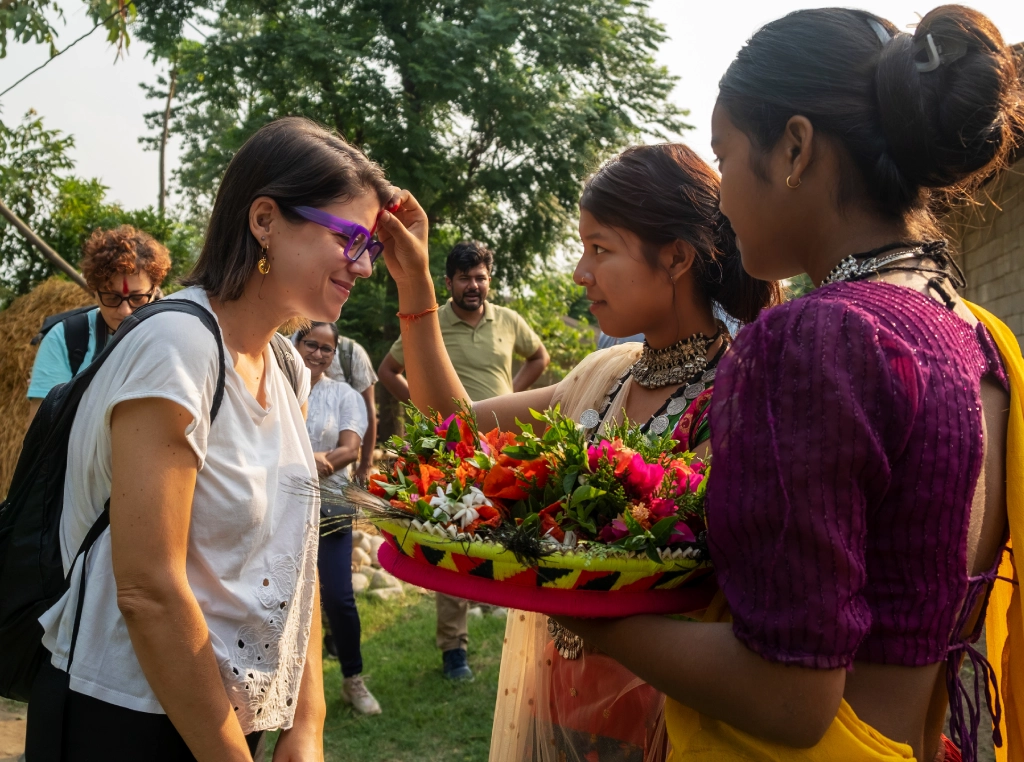Hotel Story
The last part of the journey is tiresome, but only for those who aren’t seeking what’s truly wild. The reward for your efforts is a spectacular, pristine location over what is one of the few remaining pockets of Malabar Rain Forest left in the world.
Ahmed Chamanwalla came across a working cardamom and coffee plantation bordering Wayanad Tiger Reserve and Arlam Tiger Reserves in 1995 and bought it, all 507 acres of it. And then just left it alone. What then happened shouldn’t surprise anyone, what it should do is fill them with joy. The land, left alone regenerated, replenished and wildlife started to move back.
Five rooms were reutilised from the original dwelling which now provide no frills, but perfectly comfortable accommodation to guests wishing to visit this haven which is totally based on conservation orientated tourism.
The staff are all local, Muthu (the cook) has been on the plantation for over 45 years and knows exactly where to forage for the most delicious, wholesome ingredients and the rest of his offerings are based on Keralan cuisine. Aman and Shaji are from the local village and have also been there for decades. This small but passionate team are focused on conservation and wildlife and are happy to share this with you, should you decide to visit, which you should.
The views and company are spectacular, the opportunity to share this space with this extraordinary team is a privilege. The views will blow you away, evenings in the garden, around a small camp fire chatting about the day will fly by all too quickly.
In 2019, Ahmed acquired 43 more acres of adjacent land and left that to regenerate too. This is as far removed from profit as possible – it’s about the land, the streams flowing from each valley, and pure conservation. The family’s vision centres on acquiring additional land for permanent protection while keeping accommodation minimal, ensuring tourism supports rather than compromises the ecosystem.
Ahmed is also instrumental in helping the Government of India frame policy on ‘Private Land Participation in Conservation of Forests’ with a white paper submitted to the parliamentary committee on environment and science.
Who is this for: With no Wi-Fi and no TV this is for people who truly appreciate nature, walks, wildlife and aren’t afraid to walk into the jungle. The rewards are immense.
Don’t miss: Walks with Shaji and timepass in a hammock in the machaan.









